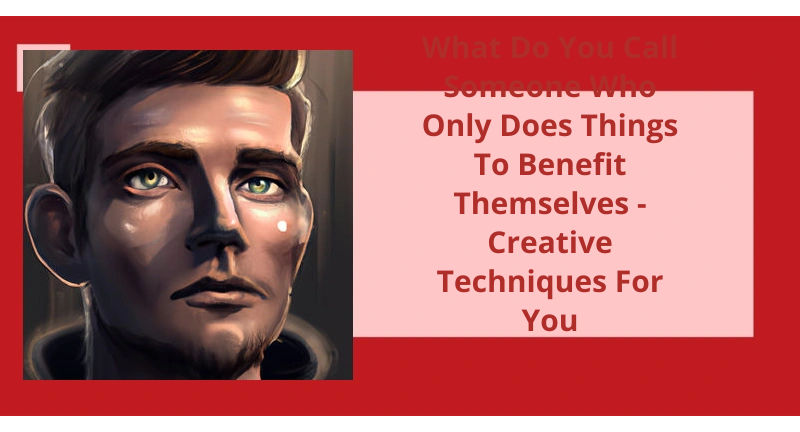There are few things in life as complicated and multifaceted as human relationships. Love, in particular, can be a powerful force that can bring people together in wonderful ways, but it can also be used to manipulate and control others. Manipulation in relationships can take many forms, from subtle emotionally manipulative tactics to more overt displays of power and control.
Is if You Love Me a Form of Manipulation?
Manipulation can come in different forms, and “if you love me” is one of the most commonly used tactics to manipulate someone with strong emotions. It preys on the vulnerability that love elicits and is often employed by individuals who seek to control their partners or friends emotions and behavior. By adding this condition before a request or demand, perpetrators create an expectation that the love someone has for them should override their needs, boundaries, or values.
In many cases, “if you love me” is used to elicit guilt and shame in someone who may not be willing to comply with a particular request or behavior. For instance, a partner may use this phrase before asking their significant other not to speak to a certain person, or a friend may use it before asking someone to cover for them in a dishonest activity. The implication behind this statement is that the person being asked to comply will only prove their love by agreeing to the request.
It can affect the persons sense of self-worth, self-esteem, and ability to form healthy relationships. It can also lead to emotional and psychological abuse, which can culminate in severe mental health issues such as depression, anxiety, and low self-esteem.
This can include learning how to say no to requests that go against your values or beliefs and understanding that you don’t have to prove anything to anyone concerning the love you’ve for them. It’s also critical to understand that manipulation isn’t love and that a person who loves you should respect your autonomy and boundaries.
It’s a form of emotional and psychological abuse that can have serious consequences. Recognizing when it’s being used and setting firm boundaries is crucial in protecting your mental and emotional health. Love should never be used as a means of control, and anyone who attempts to do so should be held accountable.
While expressing love for someone is typically seen as a positive thing, there are instances where it can be used in a manipulative manner. Whether consciously or unconsciously, individuals may use these three words to gain power, avoid responsibility for their actions, or keep someone in a relationship they may not want to be in. In this article, we will explore the manipulation tactics associated with the phrase “I love you.”
Can You Manipulate Someone by Saying I Love You?
The power of words has often been underestimated, but the truth is that words can have a tremendous impact on our thoughts, beliefs, and behaviors. When it comes to manipulation, saying “I Love You” can be a powerful tool. Whether it’s conscious or unconscious, when someone says “I Love You,” they expect a certain reaction. This can be used to manipulate someones emotions, making them feel guilty, indebted, or obligated to the person who said it.
When someone says these words, they’re essentially making a claim on the other persons emotions. If the other person feels the same way, this can create a sense of mutual dependence, which can be exploited by the person who initiated the statement. By saying “I Love You,” the person is effectively saying, “I’ve a hold on your emotions, and you need me.”
Another way in which saying “I Love You” can be manipulative is by using it as a way to cover up mistakes or bad behavior. If someone has done something hurtful or irresponsible, saying “I Love You” can be a way to smooth things over and avoid accountability. It’s much easier to forgive someone if they tell you they love you than if they dont.
If someone is unhappy in a relationship but still loves the other person, they may stay in the relationship out of a sense of obligation or a fear of being alone. The other person can use this to their advantage by withholding affection or attention, knowing that the person will stay because they love them.
If someone genuinely loves another person but feels insecure or uncertain about their feelings being reciprocated, they may say “I Love You” as a way to elicit a response. This can put the other person in a difficult position, especially if they don’t feel the same way. They may feel guilty or obligated to say it back, even if they don’t mean it.
It’s important to remember that love should be freely given and received. Love should never be used as a tool for control or power. When someone says “I Love You,” they should mean it from the bottom of their heart, without any ulterior motives or hidden agendas. It’s only then that those words have any real power or significance.
Conclusion
In conclusion, manipulation in any form isn’t justified or healthy in any relationship. "You know I love you, right?" is a common phrase used by manipulative individuals to exert control and gain their desired outcome. Such behavior erodes trust and can eventually damage the relationship beyond repair. If you find yourself in a situation where you suspect manipulation, it’s crucial to communicate your concerns and set clear boundaries. Remember, true love is built on trust, respect, and open communication.






